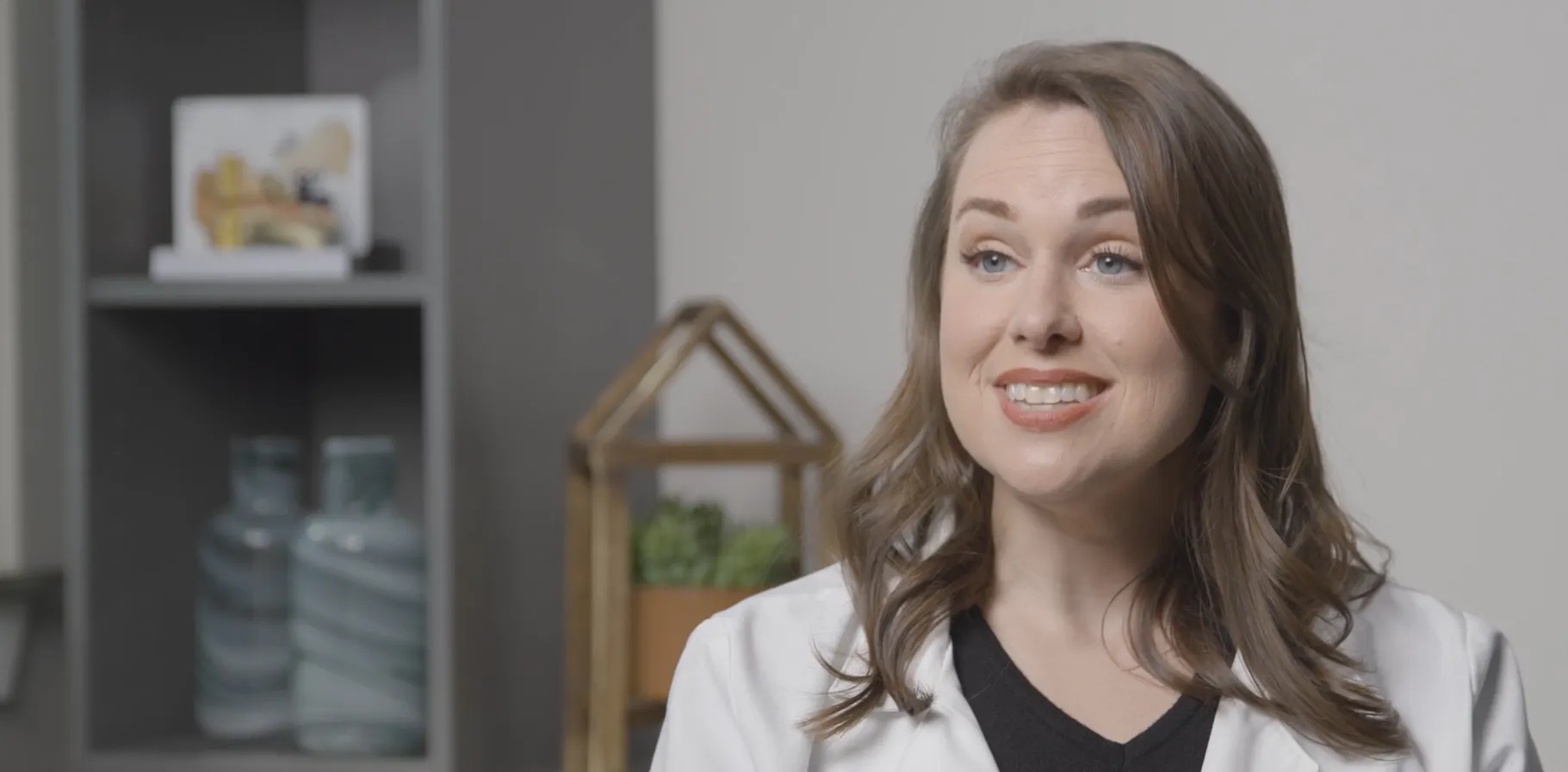The Differences Between Audiologists & ENT Specialists

The Differences Between Audiologists & ENT Specialists
What is the Difference Between Audiologists & ENT Specialists?
Who do you turn to when you have issues with your ears? Understanding whether to see an audiologist or an ear, nose, and throat specialist can be confusing. Both professionals address ear problems, but their roles and areas of expertise differ substantially.
Knowing these differences will help you make informed decisions about your hearing health. While both professions focus on ear-related problems, their roles are distinct and crucial in different ways. Knowing who to contact can ensure you receive the most effective treatment.
This blog will help clarify the defining factors that make audiologists and ENT doctors different in the hearing healthcare space. Let's explore how their expertise and services differ so you can choose the right professional for your needs.
The Role of Audiologists
Audiologists are hearing health experts skilled in identifying and diagnosing hearing loss along with related symptoms like tinnitus and vertigo. They specialize in early detection and work extensively with patients facing recent hearing impairment. Audiologists are qualified to prescribe hearing aids and suggest interventions such as cochlear implants, even though they don't perform these surgeries themselves.
They refer patients requiring medical or surgical treatment to otologists or ENT specialists when necessary. Audiologists focus on personalized care plans to optimize hearing health, ensuring patients can access the most effective hearing solutions. They play a critical role in managing hearing health through their specialized training.
Common Services Provided by Audiologists: |
|---|
|
The Role of ENT Specialists
ENT specialists, also known as otolaryngologists, manage various conditions that affect the ear, nose, and throat. They treat hearing impairment, sinus infections, tonsillitis, allergies, and more. ENT specialists are also trained to perform complex surgeries like head and neck cancer removals and reconstructive facial operations.
These professionals provide comprehensive medical care, from handling neurological disorders to performing cosmetic surgery and other restorative techniques. If surgical or medical intervention isn’t needed for hearing loss, ENTs typically refer patients to audiologists for further specialized care. Their robust skill set ensures patients receive well-rounded treatment for various conditions, making them indispensable in the hearing healthcare landscape.
Common Services Provided by ENTs: |
|---|
|
Where the Professions Diverge
A major distinction between audiologists and ENT doctors revolves around their training and scope of practice. Audiologists earn a doctoral degree in audiology. They are ear specialists who diagnose and manage hearing loss and related conditions.
Despite their advanced training, audiologists aren't classified as medical doctors. ENT doctors, or otolaryngologists, have a broader range of expertise. They complete medical school, secure a general medical degree, and next undergo up to five years of specialty training in ear, nose, and throat care.
This extensive training, adding up to approximately 13 years, prepares them for complex surgical procedures and comprehensive medical treatment. These differences ensure each professional provides vital, unique expertise within the hearing healthcare industry.
Making the Right Choice for Your Hearing Health
While ENT doctors receive extensive medical training, this doesn’t inherently make them superior to audiologists. Each plays an essential role in diagnosing and treating various types of hearing loss and other hearing issues.
Should you suspect the signs of hearing loss, starting with an audiologist is usually the best move, as they specialize in hearing assessments and non-surgical treatments. If your condition requires further medical or surgical intervention, they will refer you to an ENT specialist. This collaborative approach ensures you receive the most appropriate care tailored to your specific needs. Choosing the right health professional can significantly impact your hearing health journey.















